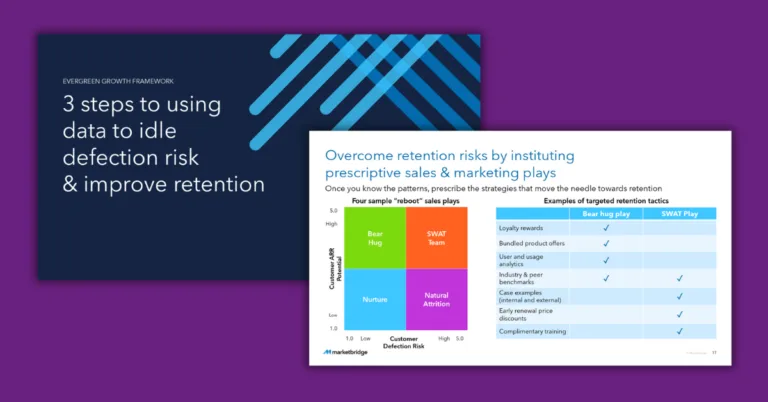Customer lifetime value (CLV)
Customer Lifetime Value (CLV) refers to the total revenue or profit a company expects to generate from a customer over the entire duration of their relationship. It is a key metric that helps businesses understand the long-term value of their customers and make informed decisions on customer acquisition, retention, and overall business strategy. While there are many approaches to define customer lifetime value, the typical approach discounts future cash flows from the customer, minus the cost to service that customer using the weighted average cost of capital (WACC) as the discount factor:
CLV = Net Cash Flows (not including CAC) discounted by the weighted average cost of capital (WACC)



